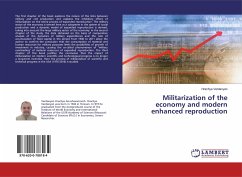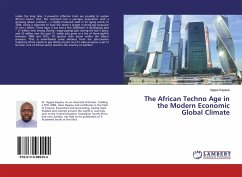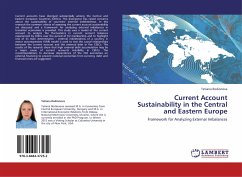The socialist countries of Southeast Europe, after the fall of the Berlin Wall, chose to move towards economic and political reforms. This attempted systemic transformation,called transition, proved to be a complex phenomenon. The prioritization of certain sectors,the pace and sequencing of reforms as well as the orientation of financing constitute some of the factors that shaped the transition. This study will attempt to examine to what extent the financial support to the transition on the part of the Bretton Woods institutions (IMF & IBRD) determined the parameters of the model which was applied, ie whether and to what direction the process of transition was influenced by their financing. The significance of the Bretton Woods institutions depends on both the amount of assistance provided and the associated conditionalities attached to their financial policies, which cover a wide range of components. The conditionalities of the economic and social aspects of the attempted transformation activate a mechanism that acts as a catalyst in shaping the model of transition, in the way it will be implemented by the examined countries, as well as its repercussions.








